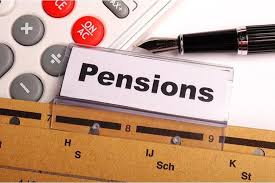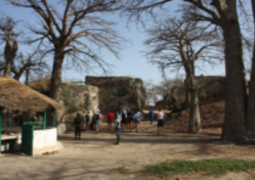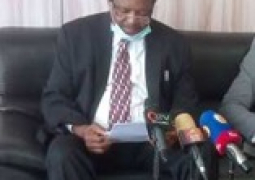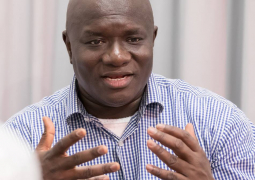
On July 28, 2022, Finance and Economic Affairs Minister Seedy K.M. Keita presented a revised report for 2022 to the National Assembly, which included a reduction in total revenues by D3.3 billion (11%) and a cut in expenditures by D1.2 billion.
Key aspects of the budget included a 30 per cent salary increase for civil servants, effective July 2022, which was expected to generate an additional D222.5 million in personal income tax for the last six months of the year.
However, this increase applies only to civil servants and excludes pensioners, who received a 100 per cent pension increase in 2018.
Alagie Mbaye Jeng, a pensioner, stated that the minister should have considered the wages of pensioners before exempting them from the 30 per cent salary increment.
“Yes, a 100 per cent increment was made, but those who were receiving D900 to D1,000 can’t even buy a bag of rice or feed their families despite that increase. The Minister should reconsider his decision to exclude us,” he said.
Mr Jeng further said that although he is not a victim of the situation, he has colleagues who are facing a serious crisis in providing for their families despite having served the nation their entire lives.
“The 100 per cent increment was unjust because low earners should have been given priority. It would have been better to increase those wages rather than giving all pensioners an increase, some of whom are now receiving up to D16,000 while others earn less than D2,000 even after the increment,” he lamented.
Mommodou Njie, another pensioner, explained that he receives D1,700 monthly, which is insufficient to meet his family’s needs.
“Before the 100 per cent increment, I was receiving D850, which doubled to D1,700, but I still cannot even afford a bag of rice. Given the current market prices, how do they expect us to sustain ourselves with such amounts?” he queries.
Another interested pensioner, Ousman Camara, also emphasised that the minister should have prioritised the needs of low earners instead of stating their exclusion from the increment.
“Hearing the Minister say that we are not included makes me wonder if the government truly cares about us, the underprivileged, and the struggles we face with these pensions,” Camara stressed.
Currently, the pension schemes in The Gambia include the Public Service Pension Scheme (PSPS), which covers government employees (civil servants and uniformed services), as well as special provisions for National Assembly members and Local Government Authority employees, District Chiefs, and others.
Read Other Articles In Headlines

NY Times names Kunta Kinteh Island among 52 places for travelers to visit in 2022
Jan 17, 2022, 1:34 PM




